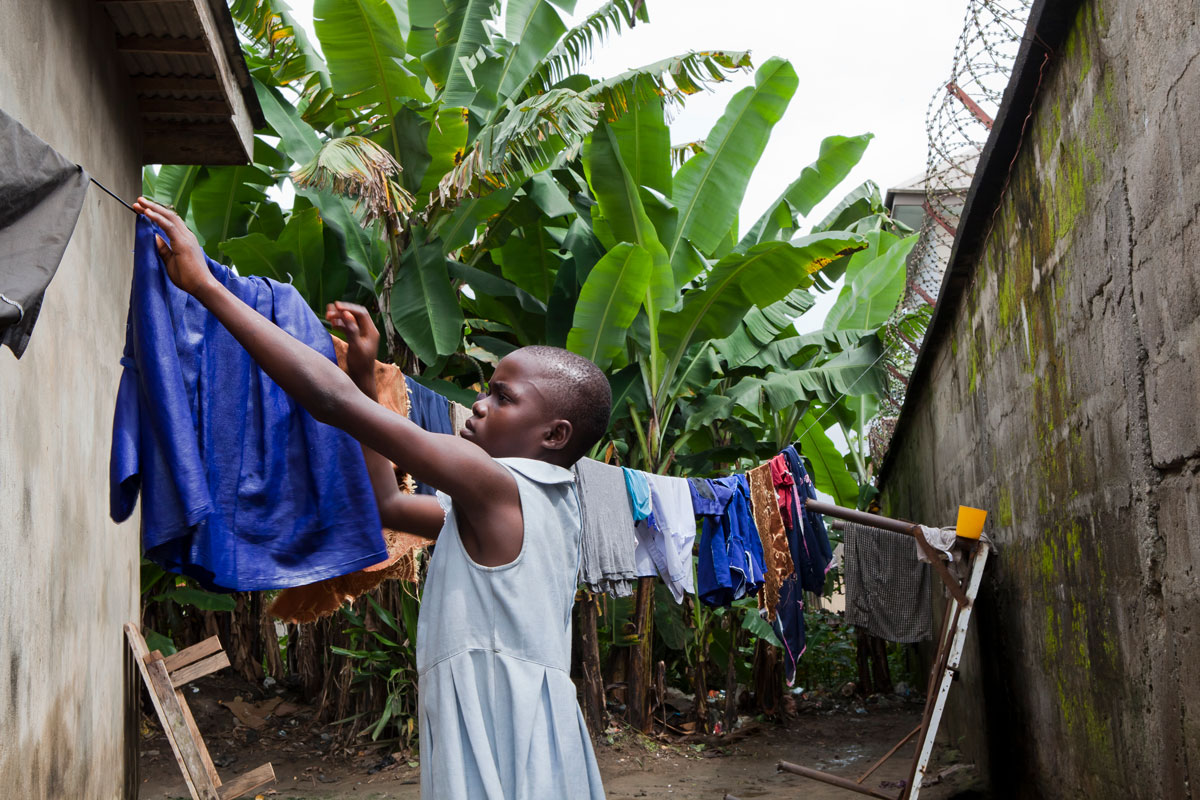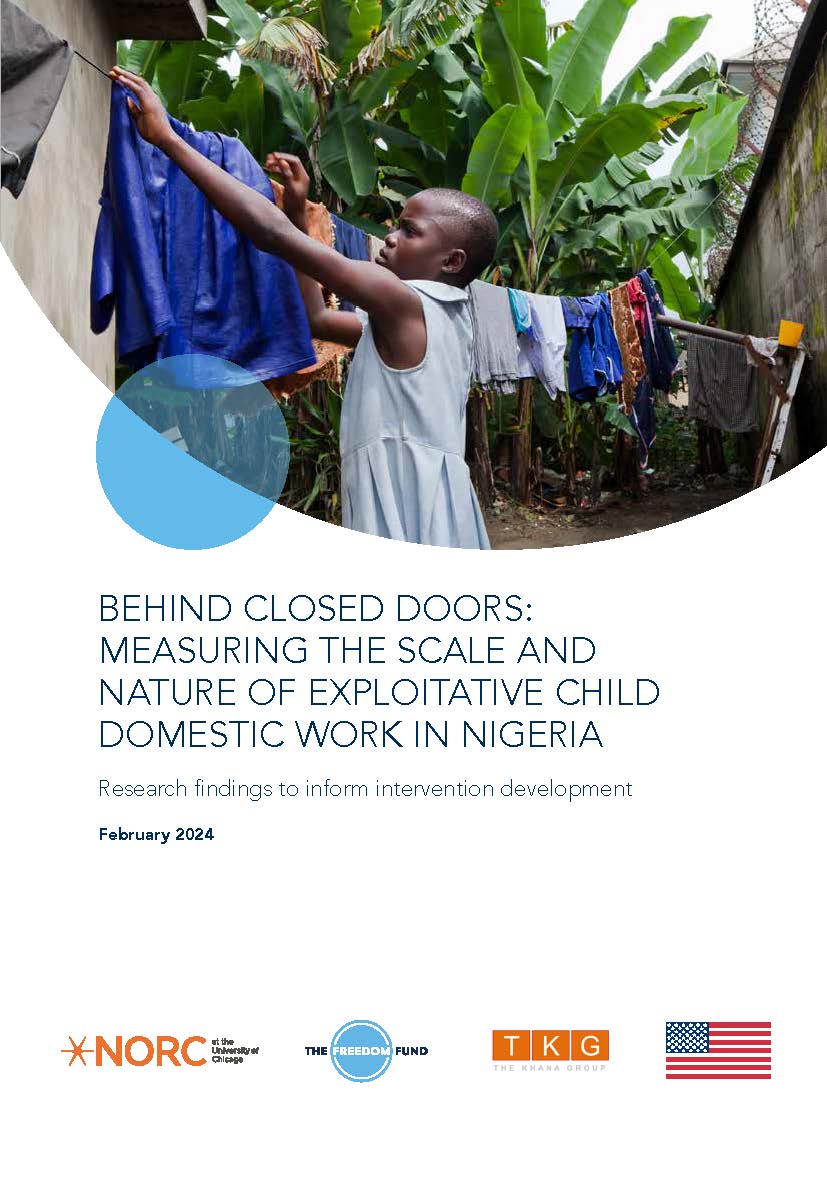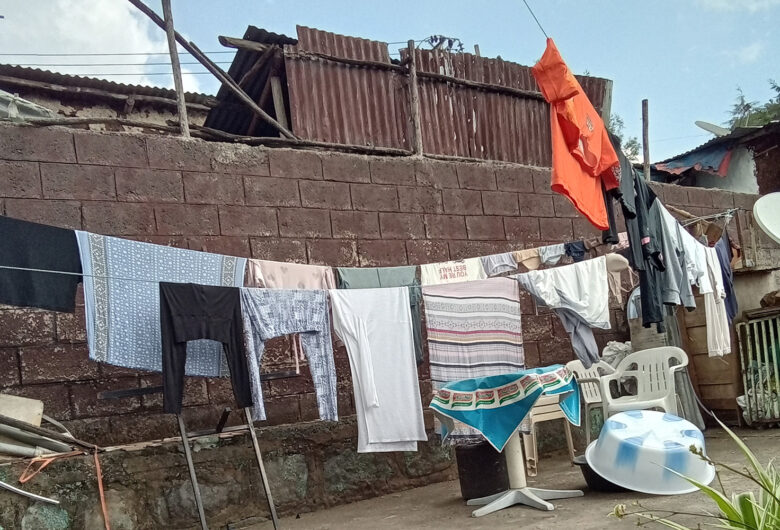While children doing domestic work is not always exploitative or harmful to the child, the International Labour Organization (2021) estimates there are up to 15 million workers aged under 14 in Nigeria, many of whom are “house girls” whose labour is often forced and unpaid or underpaid.
A newly released study, produced by NORC at the University of Chicago and The Freedom Fund, is the first of its kind to examine the working conditions and treatment of child domestic workers (CDWs) in private homes in Edo and Lagos, Nigeria. This research and the wider program are funded by the U.S. Department of State’s Office to Combat and Monitor Trafficking in Persons.
Key findings include:
- A large proportion of CDWs in Nigeria are working long hours that leave them with limited time for rest, education or social activities, with 37.1 percent working more than 30 hours per week, and more than one-in-five (21.4 percent) working above 42 hours per week.
- One-in-11 CDWs in Nigeria experienced physical or sexual violence, with 15.6 percent showing signs which could indicate post-traumatic stress disorder (PTSD).
- Despite the majority of CDWs sharing a kinship relationship with their employer, 88.9 percent reported working conditions that contravene Nigerian laws, including 62.8 percent of children aged 16 – 17 working seven days a week without any rest days.
Behind Closed Doors: Measuring The Scale and Nature of Exploitative Child Domestic Work in Nigeria illustrates ways in which civil society can support interventions to start addressing barriers to education, such as alternative basic education or scholarships and bursaries, as well as basic life skills trainings for CDWs on children’s rights and how to seek help if they’re experiencing physical, psychological or sexual violence.
To further explore these findings and interventions to support child domestic workers, come join our webinar on Tuesday 26th March 2024, from 3 to 4 pm West Africa Time / 2 to 3 pm GMT. This will be an opportunity to hear directly from the report authors and engage with child protection experts from Nigeria and Liberia to discuss how we can collectively work toward improving the situation of child domestic workers. Register here.
Click below to access the report:
Source: International Labour Organization. (2021). ILO Supports Nigeria’s Response to Child
Labour Emergency. Available at: https://www.ilo.org/africa/about-us/offices/abuja/WCMS_803364/lang–en/index.htm
Photo credit: STARS




